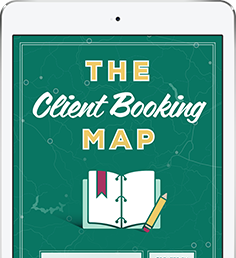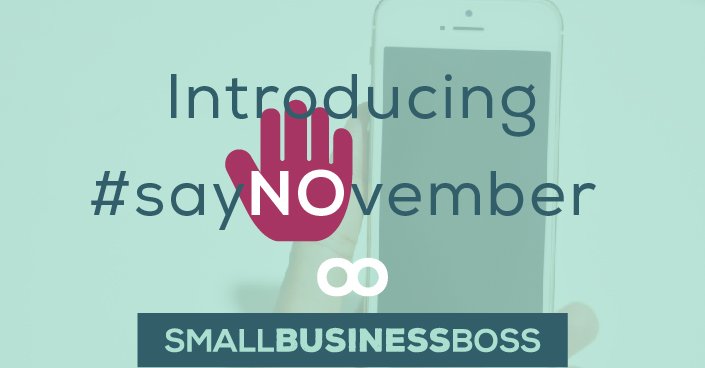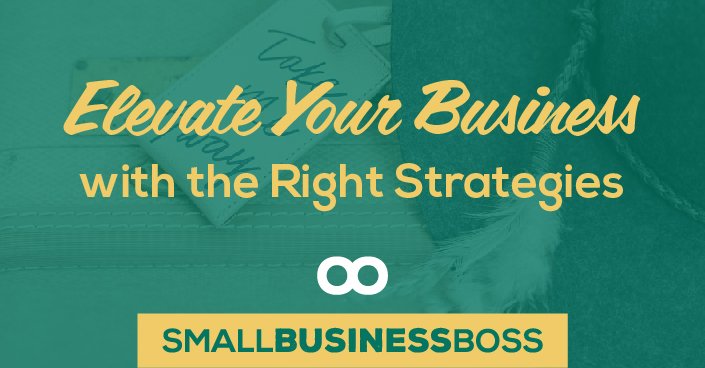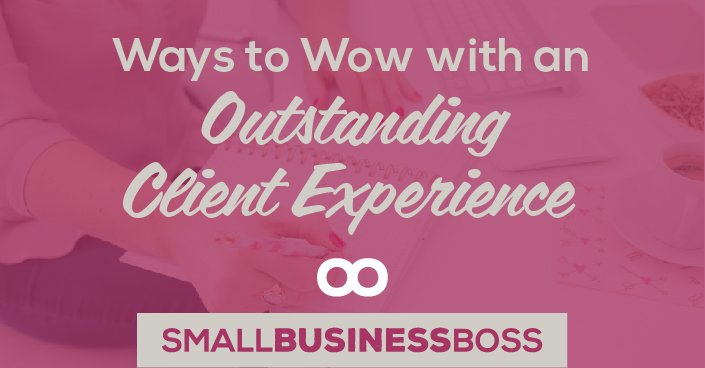Profit can be scary and boring and confusing all at once. But after this episode, you’ll understand it better and be on your way to building your business in a more sustainable way.
Here’s the scoop from Episode #60:
Profit CAN be confusing, and lots of people talk about it in different ways so before we dig into the power of profit, let’s get on the same page. The technical definition of profit is: a financial gain, especially the difference between the amount earned and the amount spent in buying, operating, or producing something.
So for the purposes of this podcast, profit is basically what is left over after your clients pay you (revenue) and you pay your bills (expenses). Often, businesses talk about their revenue numbers but that doesn’t mean much if they haven’t deducted their expenses. Operating at a loss for the first few years of a business is common for certain industries, but the beauty of services businesses is that operating at a loss is rare (unless you have no clients and if that is the case, check out our previous podcasts that can help you with that!).
Profit First
- Based on the book by the same name, Profit First is based on the concept that clients pay you, you pay your profit first, and whatever is left over is what you have to pay your expenses.
- This similar to the concept of putting money aside for savings or retirement and then using what is left for your spending.
- If you are struggling with meeting your expenses, check out our expense review process in episode 58. We are also linking up to the spreadsheet for this exercise at the end of the show notes.
Where service business owners go wrong
- Not taking into account their own “salary”. For those of you who say you don’t have a salary, you just take what is left at the end of the month, just stop. That needs to change. Whether it is a fixed amount or a percentage of revenue, you need to pay yourself a wage.
- A fixed amount is much easier to manage your personal finances with, but the choice is yours. Just determine a baseline amount and factor that into your expenses.
- If you aren’t paying yourself a wage, you should think about why you started a business in the first place.
- Profit is technically the money you’re making above and beyond a reasonable wage for you. That’s how you want to start thinking of it.
- Another mistake is not thinking about the future – what do you want your business to look like 6 months, a year, 3 years, 5 years from now? You need to plan for that. And plan for that now.
What to use your profit for?
There are a few options:
- Invest it back into the business (but really ask yourself if that something you want to invest in is a true investment into your business or just a distraction. Would you rather have the money in your pocket instead?)
- Give yourself a bonus
- Give back – this can be whatever feels right for you.
- Build a buffer for those unexpected situations and expenses
- Future business growth plans (expanding, hiring, or whatever your dream is).
- And if you don’t want to use your profit to invest back into your business, that’s OK! As a solo show, you may not need to invest much back into your business. So build a little buffer, and then either give yourself a raise or set up a quarterly bonus structure.
What is a good profit margin?
- This varies widely by industry
- Typically, consultants and freelancer/small services businesses without a brick & mortar presence have pretty high-profit margins
- Good news? Most services businesses have a high-profit margin thanks to low overheads needed
Trust us, once you understand profit, your business will be in a much better position for a sustainable future.
Links for this show:
- Profit First
- Check out Episode 58 for step by step help on doing an expense review and use this handy spreadsheet to get you started
- If you missed any podcasts and want to get caught up, you can click here to find all of our previous episodes on the Podcast landing page. http://SCOOPINDUSTRIES.COM/podcast
- Join the Services Business Success Facebook group for all of the latest updates here
[embed_popupally_pro popup_id=”16″]





